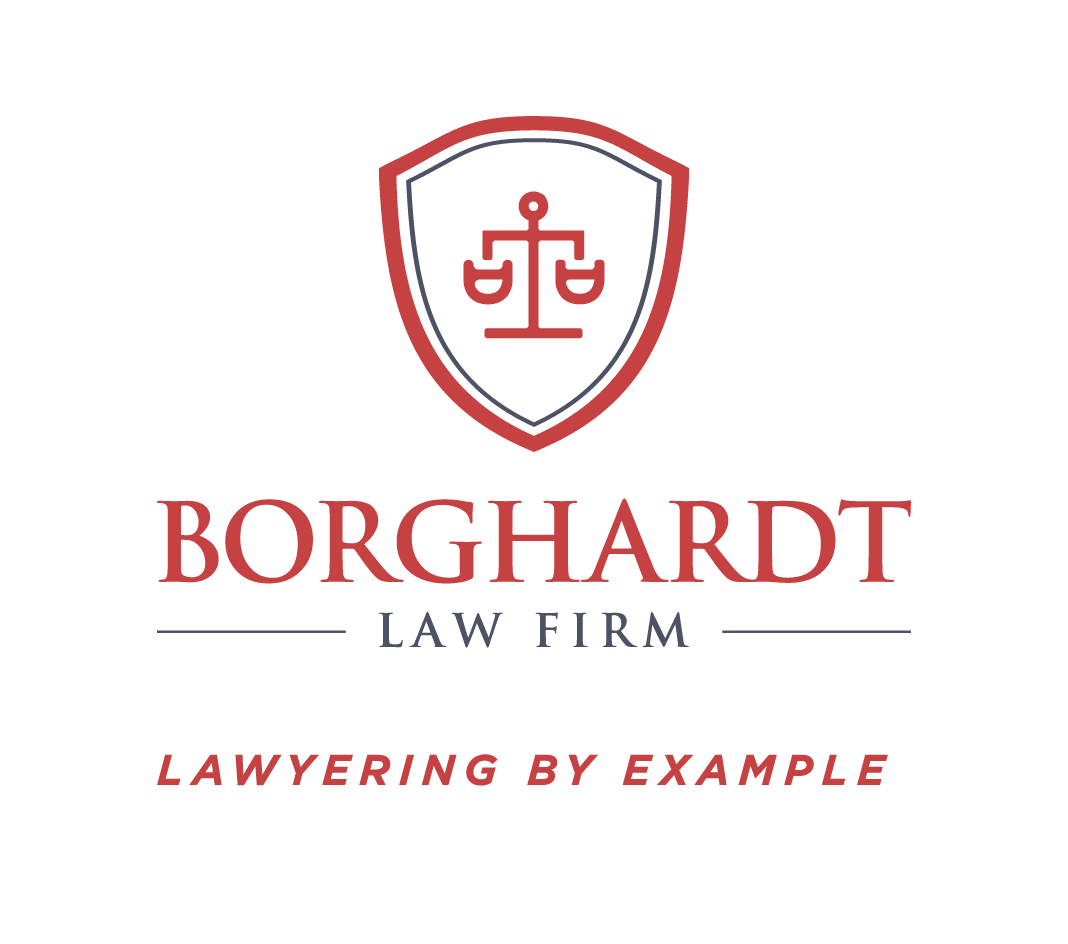"Lessons from the 'Lawyer Dawg' Case."
There are lessons to be learned from the case of Warren Demesme. You’ve heard about the case? It’s made national news. It’s the “Lawyer, Dawg” case. Or is it “Lawyer Dog”? It is a Louisiana case that recently received national attention because of the concurring opinion written by Justice Scott Crichton. The case, which the Louisiana Supreme Court denied writs on, involved an interrogation where the defendant said, “why don’t you just give me a lawyer dog.” Of course, Demesme might have actually been saying, “why don’t you just give me a lawyer, dawg.” Regardless, the Louisiana Supreme Court allowed the confession made during the interrogation, and Justice Crichton stated that essentially Demesme’s request wasn’t clear enough and was ambiguous. The court’s writ denial and Crichton’s concurring opinion make plain that in the state of Louisiana, “lawyer dog” isn’t good enough to truly invoke that sacrosanct Miranda right to have an attorney present during a custodial interrogation.
What should we take away from this case and this opinion? If you are being interrogated you must clearly and plainly state, “I want an attorney now, and I don’t want to answer any more questions.” In fact, you would do well, based on the decision by the United States Supreme Court in Salinas v. Texas, to clearly say, “I am invoking my Fifth Amendment right against self-incrimination.” In Salinas, the court held that remaining silent and keeping your mouth shut can be held against you unless you clearly state that you are invoking your “right against self-incrimination” and then remain silent. Also, your request for a lawyer or your lawyer needs to be clear and not “I think I might need a lawyer.” Anything less might not trigger constitutional rights in the state of Louisiana.
My advice: I have always advised my clients to only answer questions asked by the police with a lawyer present. It doesn’t make you look guilty to invoke a constitutionally protected right. Stop everything and ask to have your lawyer present immediately. “I want my lawyer present, and I am not answering any questions until my lawyer is present.”
I also invoke my constitutional right against self-incrimination.” If faced with this situation, do not hesitate to contact my office for immediate representation.

